√100以上 i'm sorry in japanese word 368360-I'm sorry in japanese word
Translation for 'I'm sorry' in the free EnglishJapanese dictionary and many other Japanese translationsHow to pronounce "I'm sorry I'm late" in Japanese 遅くなってすみません。。 How to Say Sorry I'm late in Japanese If you want to know how to say Sorry I'm late in Japanese, you will find the translation here We hope this will help you to understand Japanese better Here is the translation and the Japanese word for Sorry I'm late すいません遅れました Edit Sorry i'm late in all languages

Apologizing The Japanese Way
I'm sorry in japanese word
I'm sorry in japanese word-Then this lesson is for you! If you wanted to express your affection for a man, you would say, "aishiteru yo" (愛してるよ) If you wanted to say the same thing to a woman, you'd say, "aishiteru wa" (愛してるわ) "Yo" and "wa" at the end of a sentence are sentenceending particles
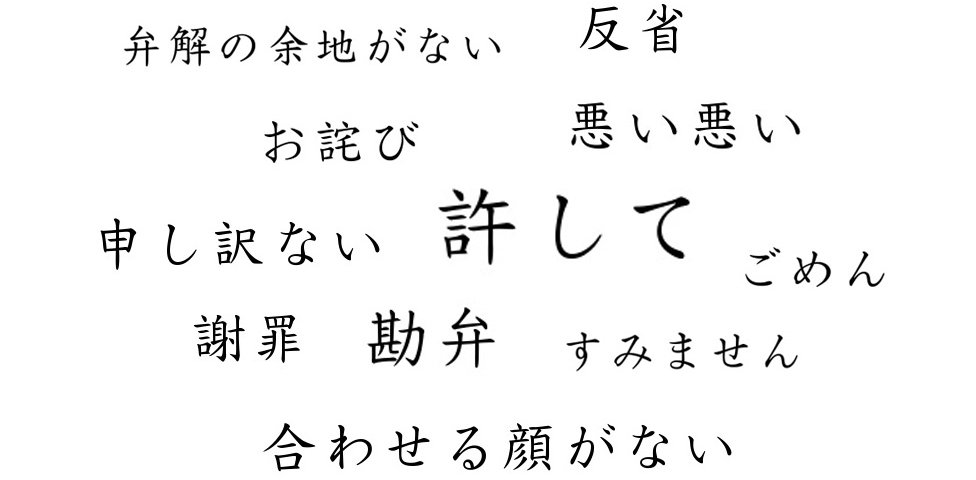



The Many Ways To Say Sorry In Japanese c News
Gomen ne (ごめんね) – I am sorry or Gomen nasai (ごめんなさい) – I am sorry This one is a typical expression when you just want to say, " I am sorry Gomen (ごめん) – Sorry Just like when you use say "sorry" in English, this is a shorter versionJapanese Translation ごめんなさい Gomen'nasai More Japanese words for I'm sorry 失礼しました phrase Shitsureishimashita I'm sorry 御免なさい interjection)~~~This time we'll learn several different ways to say "Sorry
The most common way to say sorry in Japanese is with the word すみません sumimasen This word can actually mean several different things like "excuse me" or even " thank you " depending on the situation that it is used in, but for the purposes of this post, I'll just stick to contexts where it means "sorry" Japanese people use SUMIMASEN all the time They can't get through the day without it SUMIMASEN has many different meanings "I'm sorry", "thank you" and to get someone's attention It might be 2 translation found for 'sorry, i forgot' in Japanese Translation by bunbuku ごめん、忘れちゃった。 Translation by bunbuku ごめんなさい、忘れました。
If you were wondering how to say a word or a phrase in Spanish, French, German, Italian, Chinese, Japanese or Russian, this site will help you to get the answer HowDoYouSayNet provides translations, pronunciation and other vocabulary help for words and phrases in some of the most popular languages of the worldわたしは照れ屋(てれや)です。 or わたしは恥ずかしがり屋(はずかしがりや)です。watashi ha tereya desu or watashi ha hazukashi gariya desu@Satorii わたしはシャイです。 Watashi wa shy(same as English) desuI think almost Japanese people know "Shy" meanWe use "shy" in JapaneseSo, it literally means, "I'm about to intrude" Another ritual shitsurei shimasu Literally this means, "I'm being rude" You may say this when leaving a conversation, hanging up the phone, leaving the room, etc in someone else's presence moushi wake gozaimasen The most formal and selfdeprecating way to apologize




150 Japanese Words And Phrases You Need To Start Speaking Now




Sorry For Saying Thank You The Many Uses Of Sumimasen
In order to make a question in Japanese, just add ka to the end of any sentence On top of that, though, there are a few question words that will make your conversations go a lot smootherI'm translate "I am" の短縮形 Learn more in the Cambridge EnglishJapanese Dictionary2 Answers2 There are so many ways to say "I am confused" that you might not get a very good answer unless you explain what situation/context you have in mind 「頭が混乱している。 」 is "good" in the sense that it could not really mean anything other than "I am confused" It could sound a little stiff if said in a casual situation




Infographic How To Apologize In Japanese Japanesetest4you Com




Japanese Basic Phrases Japanvisitor Japan Travel Guide
Bakkushan This is one of the most interesting "beautiful Japanese words" here It's a combination of 2 words First, the English word "back" Second, the German word, "schön," which means beautiful So, beautiful from the back 37 おもてなし Japanese Pronunciation Tip In Japanese, syllables aren't stressed as they are in many other languages Instead, Japanese syllables are differentiated by the pitch of your voice The same word said with different pitches can take on different meanings, so listen to Japanese people say any word you want to learn and mimic their tones exactly In English, you either say "sorry" or "apologies" In Japanese, there are at least different ways One of the most casual and most frequently used words is "gomen" ごめん




Gomen How To Say Sorry In Japanese Satoko World
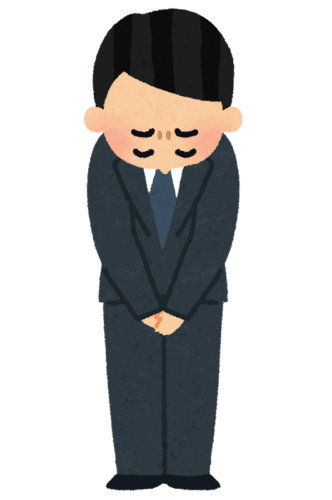



8 Ways To Say I M Sorry In The Japanese Language
Gomennasai Sorry (polite) If you are speaking to a close friend, you can get away with a casual ごめん " gomen " or ごめんね " gomenne " instead Another very common way to say sorry in Japanese is " sumimasen "Sumimasen can also be used as thank you You usually say sumimasen as a way to politely thank someone for taking the trouble to do something for you Another basic Japanese word for offering an apology is GomenHere's a list of translations Japanese Translation ごめんなさい Gomen'nasai More Japanese words for sorry 痛恨 adjective Tsūkon regretful, explanatory, rueful, apologetic, apologetical かわいそうで adjective




Gomen Nasai How To Say I M Sorry In Japanese
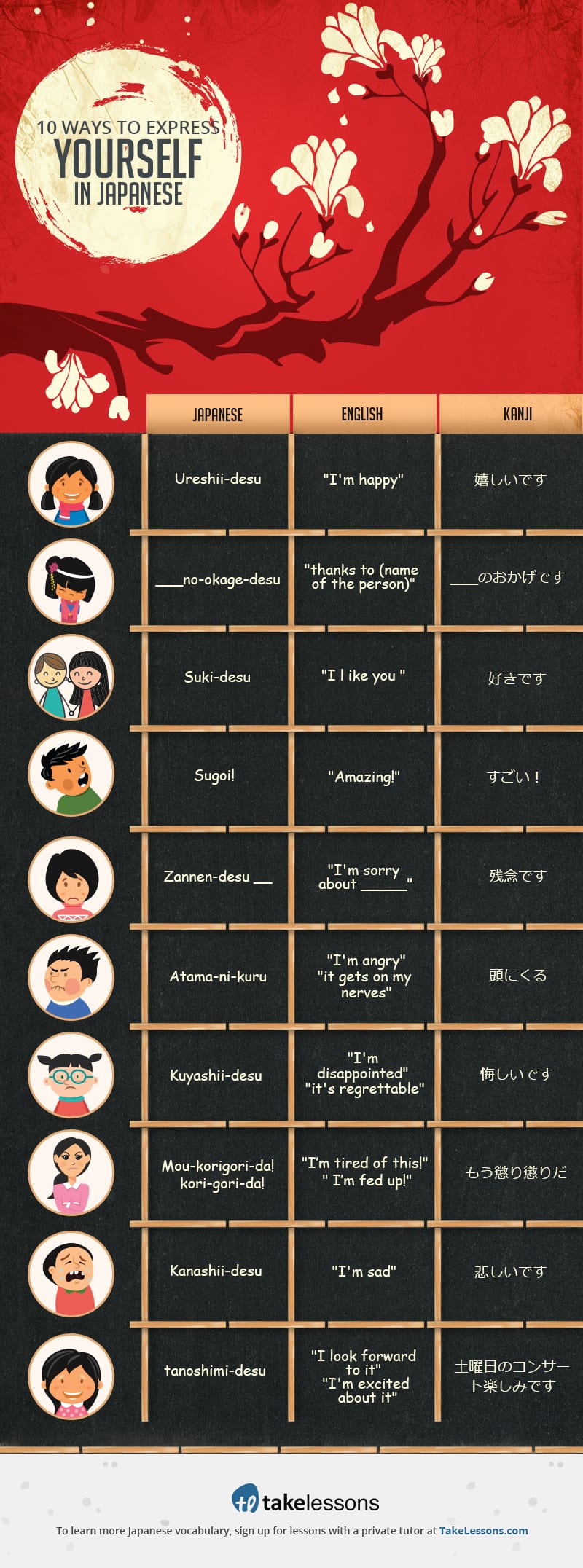



Japanese Vocabulary 10 Ways To Express Yourself
Sometimes you mess up and you tell the other person that you're sorry in Japanese After that, it's common to follow up with a request for forgiveness We covered one such way before, but there is also another one that is common to hear It's centered around the word 勘弁 (kanben) which is a noun that means "pardon;Tired of the "textbook speech" and want to learn the native way? The r is pronounced with a light flick of the tongue, almost like an English d or the two ts in the word "butter" In Japanese, this phrase is written "黙れ" If you really want to make an impression, try rolling the r sound at the end of the word This can be used in Japanese to give great emotion or emphasis to a word




Learn Japanese Japanesepod101 Com How To Say I M Sorry In Japanese Facebook




Ways To Say No In Japanese Language Lesson
How do you say this in Japanese? Japanese people usually bow rather than shake hands or hug when they meet people Bowing called "Ojigi お辞儀" is an essential element of Japanese culture It is the most common body language used with every single greeting such as "Hello", "Thank you", "I'm sorry", "Excuse me" and "Please"ごめんなさい (gomen nasai) is the polite way to say "I'm sorry," but you can make it more casual, too Switching it to ごめん (gomen, masculine) or ごめんね (gomen ne, feminine) makes it more casual and lighthearted for minor issuesOn the flip side, you can make it more sincere by adding 本当に (hontou ni), to say 本当にごめんなさい (hontou ni gomen nasai) which




Sorry Top 10 Ways To Apologize In Japanese
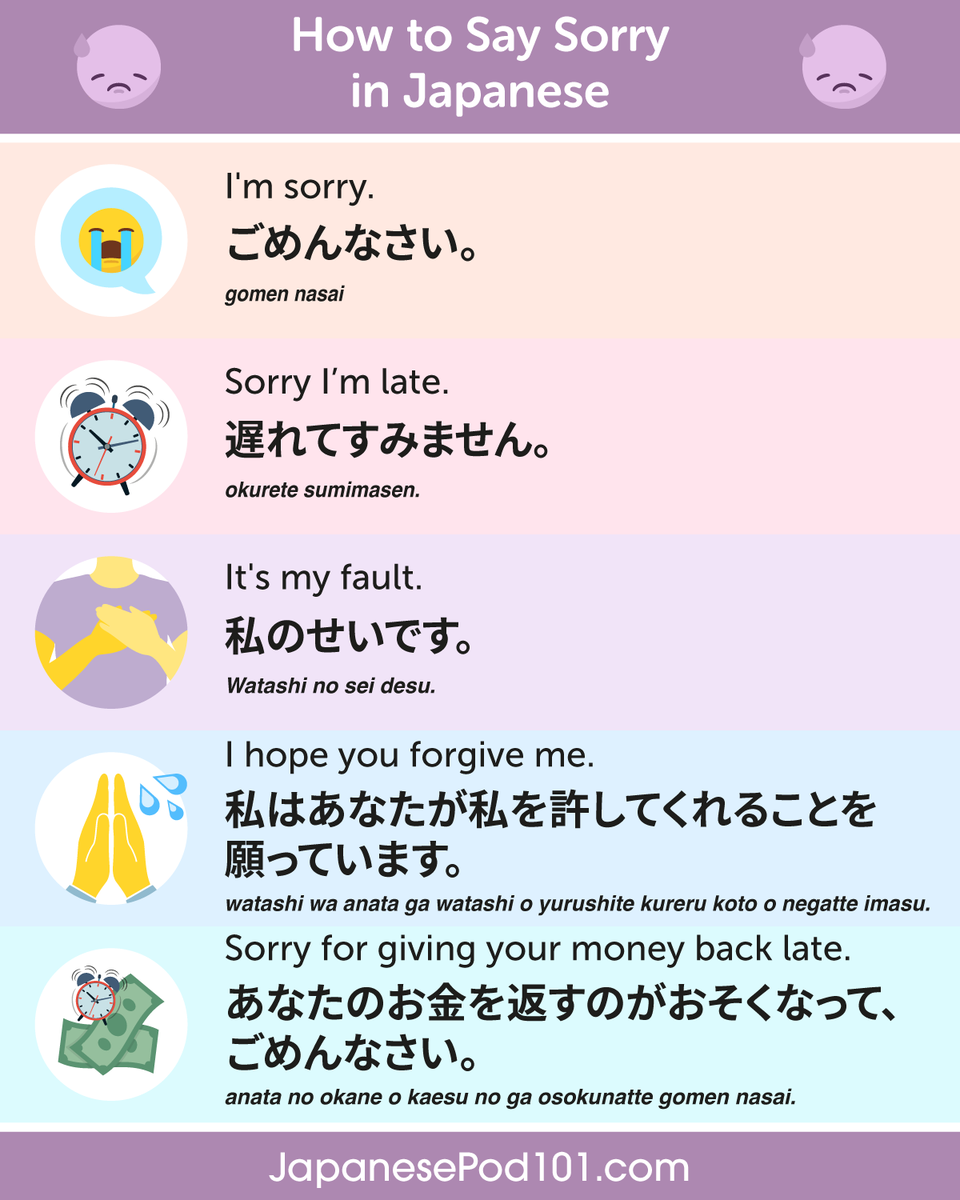



Learn Japanese Japanesepod101 Com How To Say 𝑰 𝒎 𝒔𝒐𝒓𝒓𝒚 In Japanese Don T Forget To Click The Link In Our Bio Japanesepod101 To Learn More Japanese P S Learn How To Read
Sumimasen deshita (sorry for what I did) is the most common way to make a formal apology Let's say you get caught skipping work to go fishing This is the way to apologize to your bossGomensai is another common way to apologize However, it's used to apologize to someone you with whom you have a close relationshipDon't panic, this cheat sheet of over 130 easy Japanese words and phrases for rocking every conversation you get into!Sorry in many languages How to say sorry or the equivalent in many different languages Note that the usage of this word various from language to language and culture to culture In the UK, for example, people say sorry a lot, even when someone else is at fault Jump to phrases Click on any of the phrases that are links to hear them spoken




8 Ways To Say I M Sorry In The Japanese Language



How To Say Sorry In Japanese
謝罪いたします (shazai itashimasu) is a super intense and formal way to apologize It uses the humble form いたします (itashimasu) to emphasize the depth of the apology 謝罪 (shazai) is the Japanese word for "apology", so it's like saying "My deepest apologies" or "I sincerely apologize""I'm sorry for your loss" (My friend's pet died) See a translation Report copyright infringement Answers When you "disagree" withRomajiDesu is a free online Japanese ⇆ English dictionary which contains the following tools for Japanese learners English Japanese dictionary A powerful and easy to use bidirectional EnglishJapanese dictionary where you just need to type your word into a single inputThe input may be Japanese (Kanji, Hiragana, or Katakana), Romaji or English
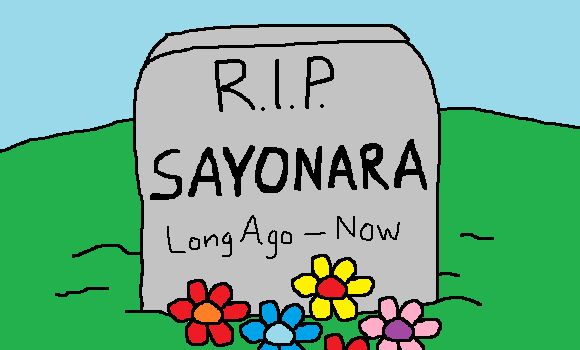



Say Sayonara To Sayonara 70 Of Japanese Don T Use This Word For Goodbye Anymore Japan Today
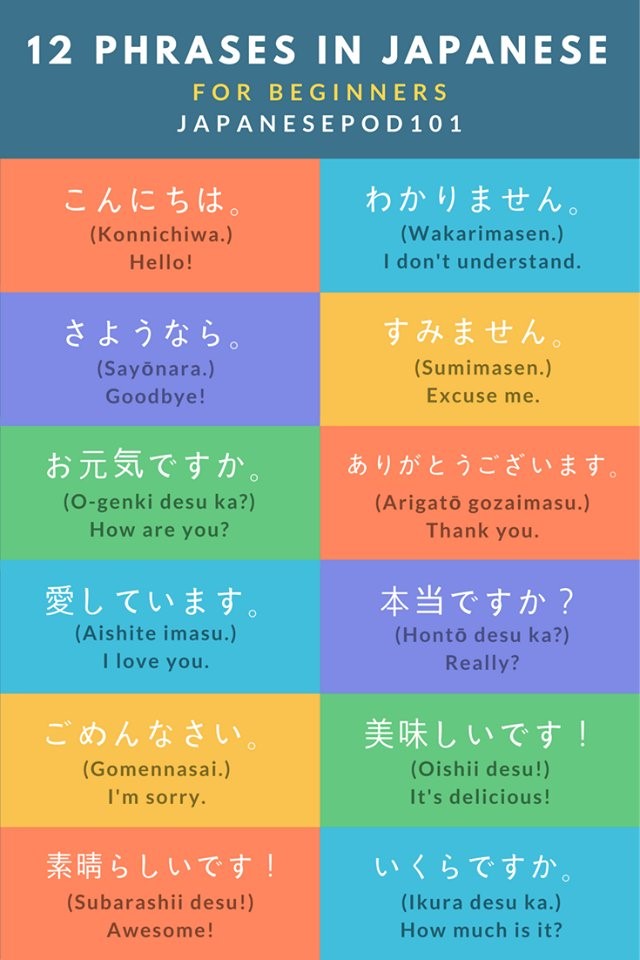



Japan In Scotland 1 2 As Part Of Our New Series We Re Aiming To Introduce Some Common Words And Expressions For Anyone Interested In Learning Japanese Here Are A Few Useful
Check 'I'm sorry' translations into Navajo Look through examples of I'm sorry translation in sentences, listen to pronunciation and learn grammar Now you know how to say no in Japanese You can let people down gently or stab them in the heart with words like "muri" If you want to say yes in Japanese, check out the link below 18 Ways to Say Yes In Japanese – Language Lesson!Informal and Formal Version The word gomenasai is considered the dictionary form that means "I'm sorry," and can be used as a formal apology However, the shortened word, gomen (ごめん), is also heard frequently in daily life Children and young people use this abbreviation as a colloquial way to ask for forgiveness




Image About Me In Nice Words By Ritsu On We Heart It
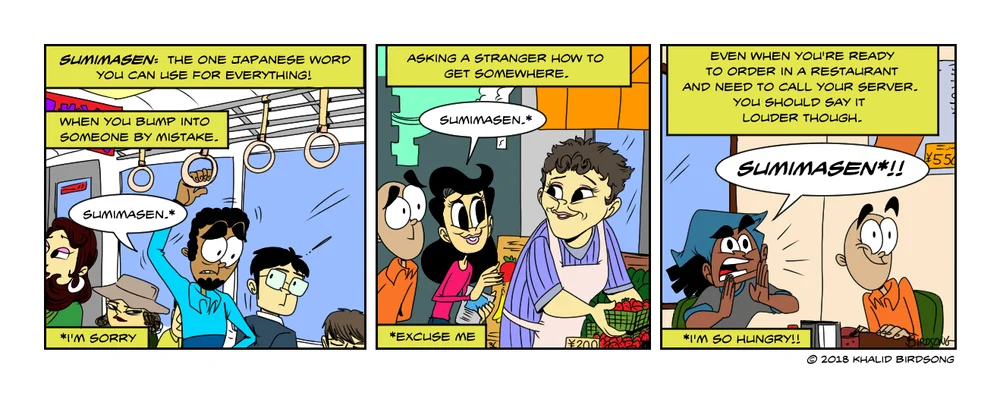



Learning Japanese With Comics Sumimasen Fried Chicken Sushi
1 Sumimasen Sumimasen is one of the most common words in spoken Japanese It's often used as a mild apology If you bump into someone on the subway use sumimasen 2 Shitsurei Shitsurei can be translated "I am rude" It's an informal and mild apologyごめんなさい — Sorry This is definitely the most common way to apologize in Japanese and is a sort of catchall term Generally, if you use this phrase in a situation that calls for a different apologetic phrase, most Japanese speakers will know what you mean That's actually a misleading header, because Japanese doesn't really have an alphabetI'm sorry There are two syllabaries in Japanese hiragana and katakanaAlphabets are made of characters that represent a single letter, while syllabaries are made of characters that represent a syllable




7 Ways To Apologise In Japanese Learn Japanese Words Basic Japanese Words Japanese Language Learning



Japanese Language Saying Sorry Over And Over Japan All Over Travel Guide
気の毒に思って, 残念に思って I was sorry to hear about your accident feel sorry for someone B1 to feel sympathy for someone because they are in a difficult situation ~をかわいそうに思う, ~Japanese is one of the easiest languages to ask questions in—so ask away!Google's free service instantly translates words, phrases, and web pages between English and over 100 other languages




How To Say Sorry In Japanese



What Is Sorry In Japanese Quora
B "あ、それは残念/大変ですね" However, this to me sounds more like an objective acknowledgment that something is bad/unfortunate rather than a subjective expression of one own's sympathetic feelings Something like in EnglishWhether you want to ask the time, go shopping or simply say hello, these easy Japanese words and phrases will give you everything you need to start chatting with the locals ごめんなさい "gomen nasai" — I'm sorryIn every language, there are some words that you should use with heavy caution Especially swear words Japanese is no different For many English learners, the vast differences in Japanese lettering, accents, and culture may cause more confusion than usualBut don't mistaken the value of knowing the most common Japanese swear words, if you're serious about learning this language




Excuse You How To Say Sorry In Japanese With 17 Expressions




Pin En Japanese Sayings Japanese Language
— the Main Junkie PS Highly recommended for learnersThe Japanese 'sorry' Look up 'sorry' in a good Japanese dictionary, and you'll probably see ごめんなさい as the first entry This is a pretty good starting point for when you actually want to say 'sorry' to somebody You've borrowed somebody's pen, and then lost it—the first thing you're going to want to say is ごめんなさいBasic Japanese Words and Phrases for All Situations ありがとうございます (arigatou gozaimasu) "Thank you" ごめんなさい (gomen nasai) "I'm sorry" はい or うん (Hhai or un) "Yes" (formal and informal) いいえ or ううん (iie or uun) "No" (formal and informal) 名前




3 How To Say Sorry Differences Native Way Japanese Ammo Youtube




How To Say Sorry In Japanese In A Culture That Apologizes For Everything Wexpats Guide
Viewpoint Japan's 'sorry' seems to be the hardest word to remember On Friday, Japanese leader Shinzo Abe will make a speech marking the 70th anniversary of the end of World War Two Much Here is the translation and the Japanese word for Sorry, I'm busy 미안하다 is a verb that means 'to be sorry', and this is made up of the noun 미안 (mian) which means 'sorry' and the verb 하다 (hada), which means 'to do' When we say 'I'm sorry' in Korean, we don't use the pronoun 'I'
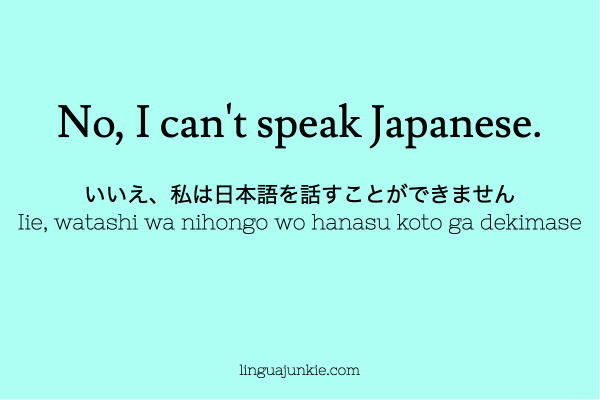



Ways To Say No In Japanese Language Lesson
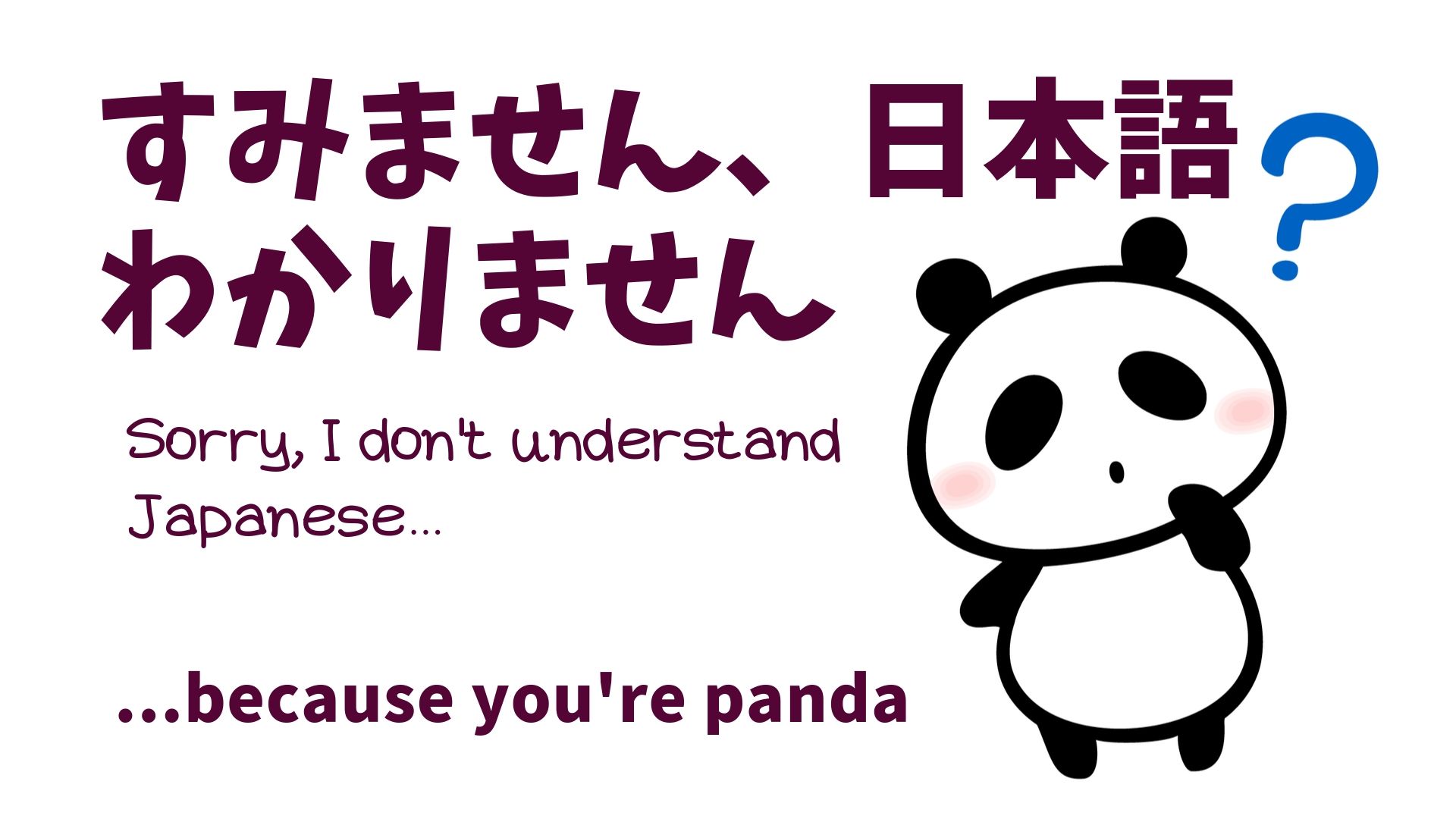



How Do You Say Sorry I Don T Understand Japanese In Japanese Japanesque Cafe
ごめんなさい。(gomen nasai) – I'm sorry ごめんなさい (gomen nasai) is the textbook Japanese phrase for I'm sorry If you're unsure about how to say sorry in Japanese, gomen nasai is your best choice It is acceptable in both formal and informal situationsI'm terribly sorry to trouble you with such a silly question, but 2 光栄に存じます kouei ni zonjimasu Literally "to think of something as an honor", this is a real whopper of a way to say thanks when you've received gifts, praise, or gratitude from a Japanese person お役に立てておりましたら光栄に存じます。




What Does Ara Ara Mean In Japanese Anime Vs Real Life Alexrockinjapanese




8 Ways To Say I M Sorry In The Japanese Language
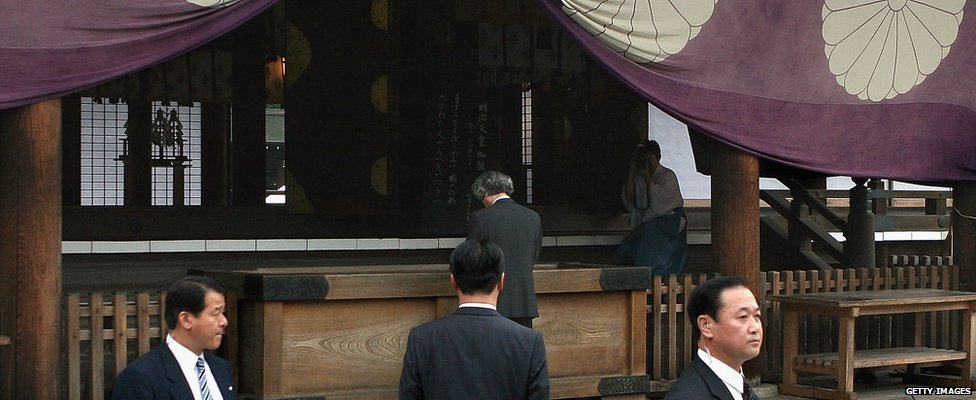



The Many Ways To Say Sorry In Japanese c News




Japanese Phrases Pt 5 Cute Words Phrases In Japanese




Valiant Language School Apologising In Japanese Study Japanese With Japanese Language Learning Learn Japanese Words Japanese Language



3




How To Say I M Sorry Japanese Lessons Youtube




Apologizing In Japanese すみません Sumimasen I M Sorry Coto Japanese Academy
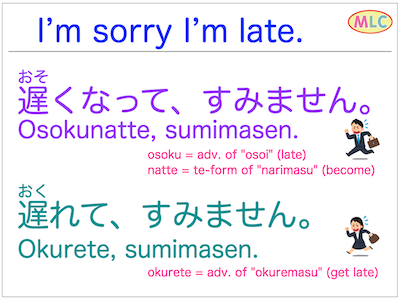



I M Sorry I M Late Mlc Japanese Language School In Tokyo




What Is I M Sorry In Japanese Expressing Apology Manga Japan Travel Tips




Trying To Learn Japanese




How To Introduce Yourself In Japanese 8 Steps With Pictures
/GettyImages-173806909-5792bbe55f9b58173bdf1d3c.jpg)



How To Say Sorry And Apologize In Japanese




Apologizing The Japanese Way




Pin On Japanese Language Learning For Chunky And Me




37 Cool Japanese Words And Phrases To Start Using Now




How To Say Sorry In Japanese
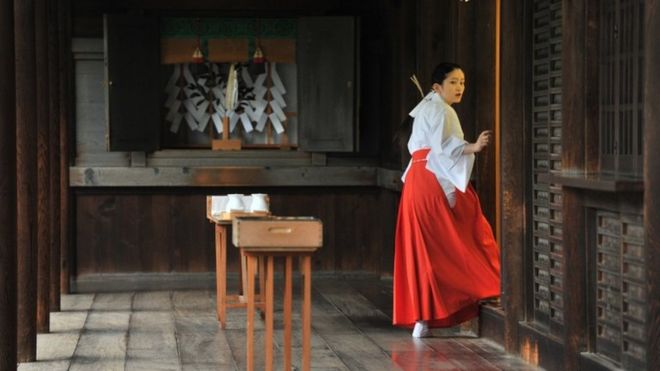



The Many Ways To Say Sorry In Japanese c News




How To Say Sorry In Japanese




What Exactly Is Te Form In Japanese Your Ultimate Guide




Japanese Sign Language International Sign Language I M Sorry In Japanese Sign Facebook
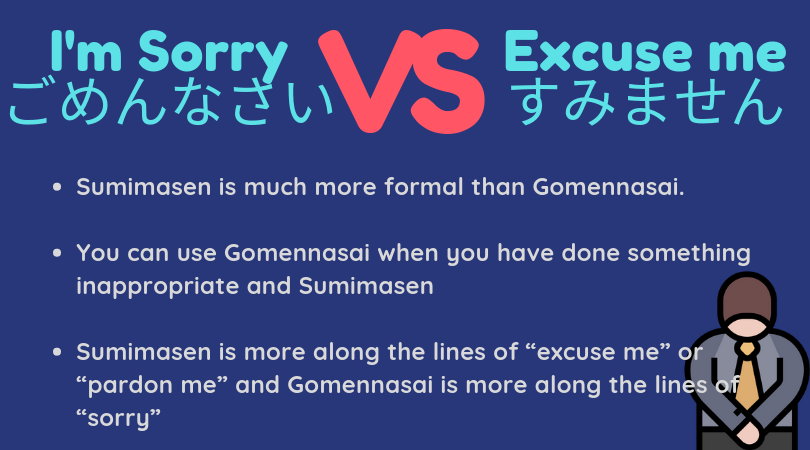



Sumimasen Vs Gomennasai The Battle Of The Apologies




Im Sorry Japanese Korean Words Arghlblargh Korean Words Korean Language Learning Japanese Words




7 Amazing Japanese Words English Needs To Borrow Big Think




Learning Japanese Love Sorry But I M Not Sure With すき Suki But I Know It Means Like Can Any Of You He Learn Japanese Words Japanese Phrases Learn Japanese




Japanese Sign Language And Being Deaf In Japan




Sumimasen すみません Can Mean Thank You Japanese Is All Context




Sumimasen Gomennasai The Various Ways To Apologize In Japanese




10 Great Free Apps For Studying Japanese




Chotto A Little Japanese Word With 7 Different Meanings




How To Use Gomennasai Sorry In Japanese




Gomenasai An Insight Into A Japanese Apology Yabai The Modern Vibrant Face Of Japan




Gomen Nasai How To Say I M Sorry In Japanese
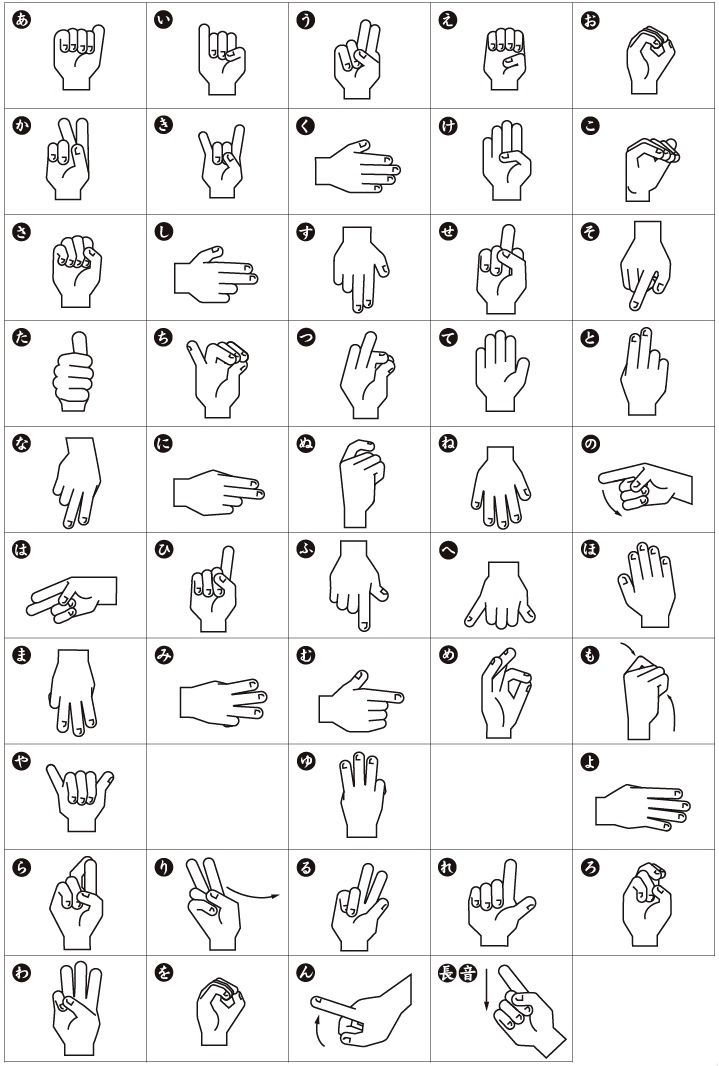



Japanese Sign Language And Being Deaf In Japan




Apologizing In Japanese すみません Sumimasen I M Sorry Coto Japanese Academy




Excuse You How To Say Sorry In Japanese With 17 Expressions
/TC_2028066-i-love-you-in-japanese-5ae9d97eff1b780036c033db.png)



Learn How To Say I Love You In Japanese




Essential Japanese Phrases For Travelers To Japan




Sorry In Japanese Learn How To Properly Apologize In Japanese




Useful Japanese Words When Traveling Kansai Chan




How Would I Apologize In Japanese Japanese Phrases Learn Japanese Japanese




Counting The Ways To Talk About Numbers In Japanese The Japan Times
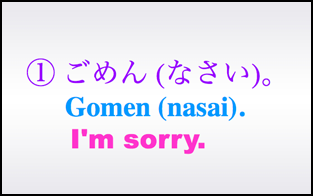



Japanese Phrase Lesson ごめんなさい How To Apologize In Japanese Punipunijapan




150 Japanese Words And Phrases You Need To Start Speaking Now
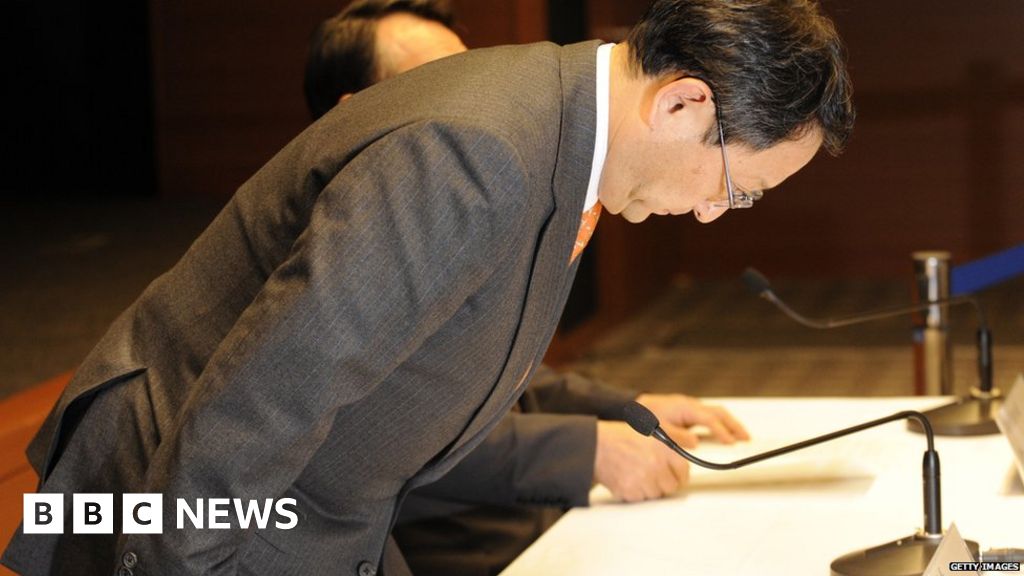



The Many Ways To Say Sorry In Japanese c News
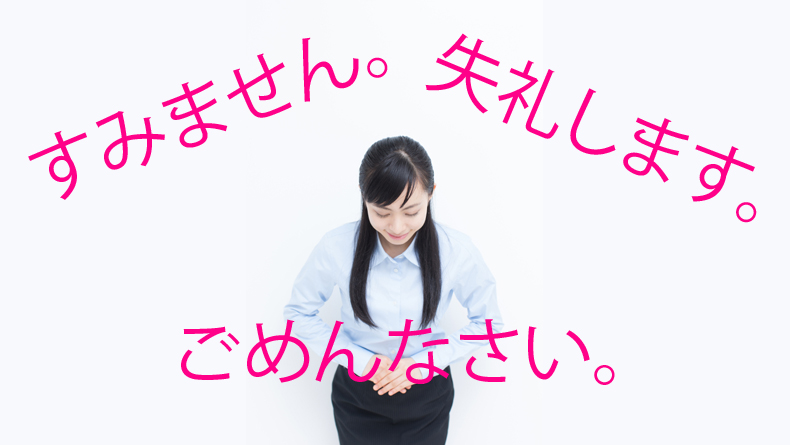



Easy Japanese For Apologizing Savvy Tokyo




Infographic How To Console Someone In Japanese Japanesetest4you Com




The Many Ways To Say Sorry In Japanese c News




Apologizing The Japanese Way



1




How To Pretend To Speak Fluent Japanese




Because We All Love Japanese Ho Shieet I Completely Forgot About Yesterday S




World Organization Of The Scout Movement Wosm The 23rd World Scout Jamboree Is Only A Week Away And I M Sure Many Of Us Are Excited To Be There So How S




8 Ways To Say I M Sorry In The Japanese Language




How To Say Sorry In Japanese Basic Japanese Phrases Youtube
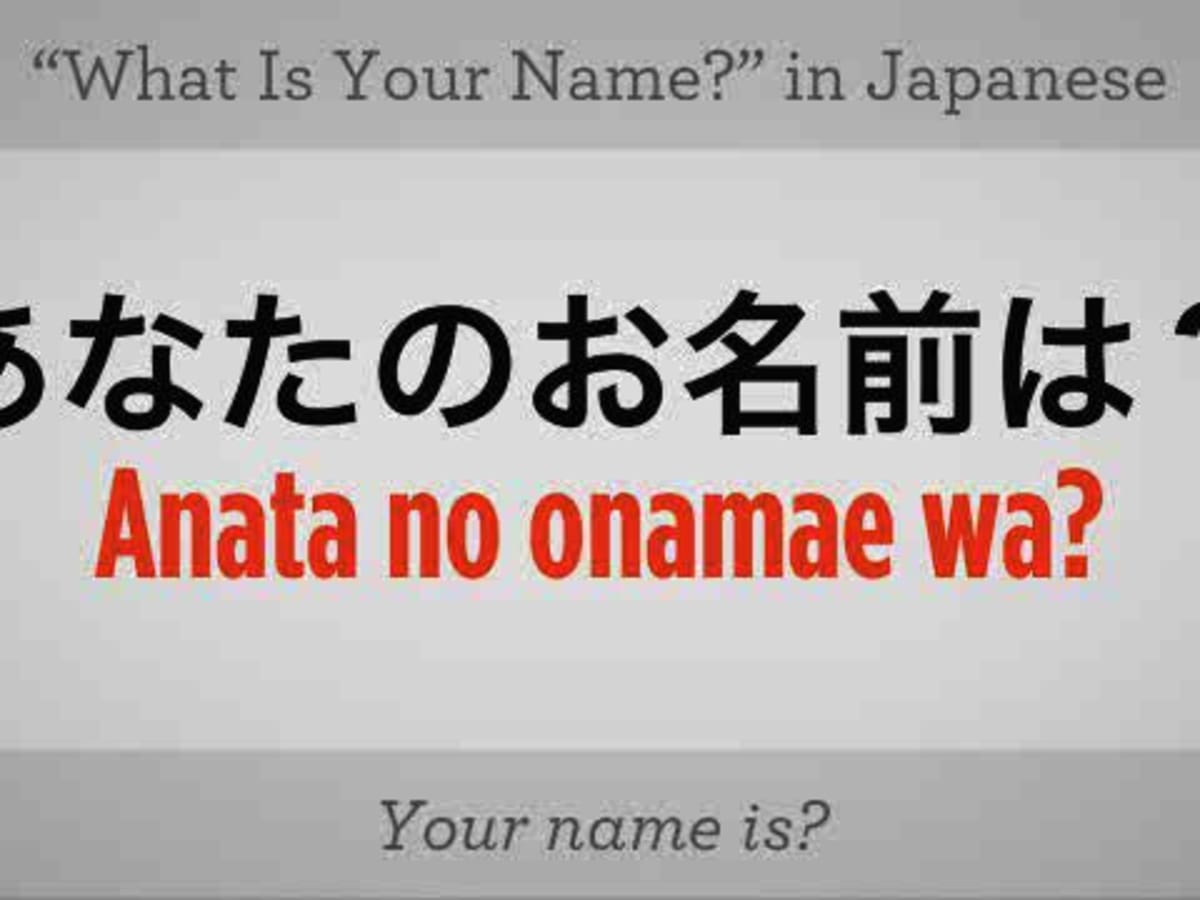



How To Ask What Is Your Name In Japanese Howcast




I M Sorry In Japanese Art Board Print By Japanhorizon Redbubble
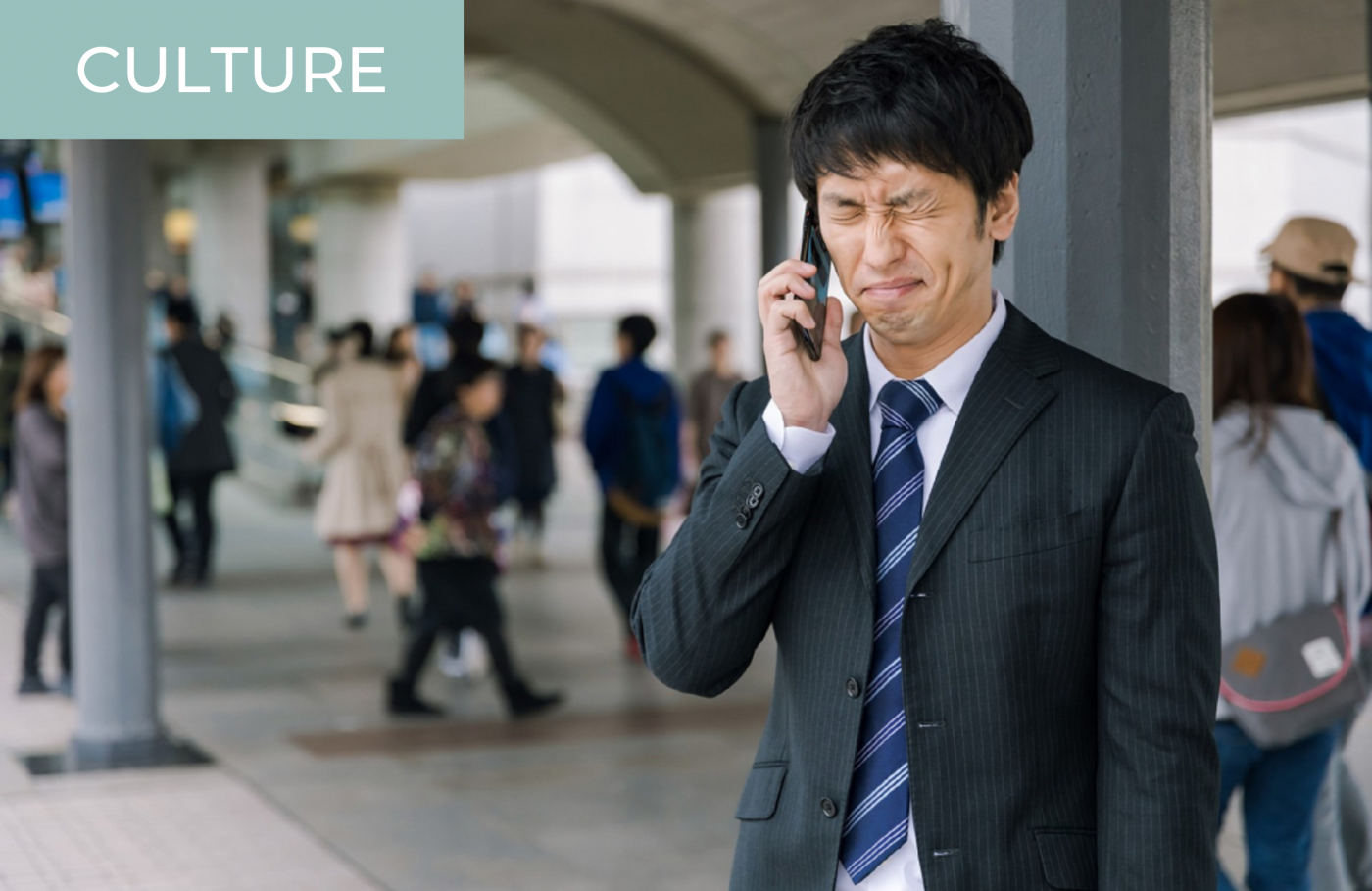



How To Say Sorry I M Late In Japanese Depending On Your Situation Kokoro Media




I M Sorry Video Game Wikipedia




Japanese Phrases How To Apologize In Japanese Youtube
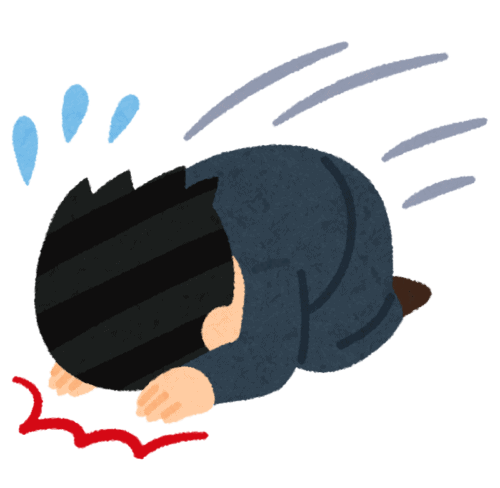



8 Ways To Say I M Sorry In The Japanese Language
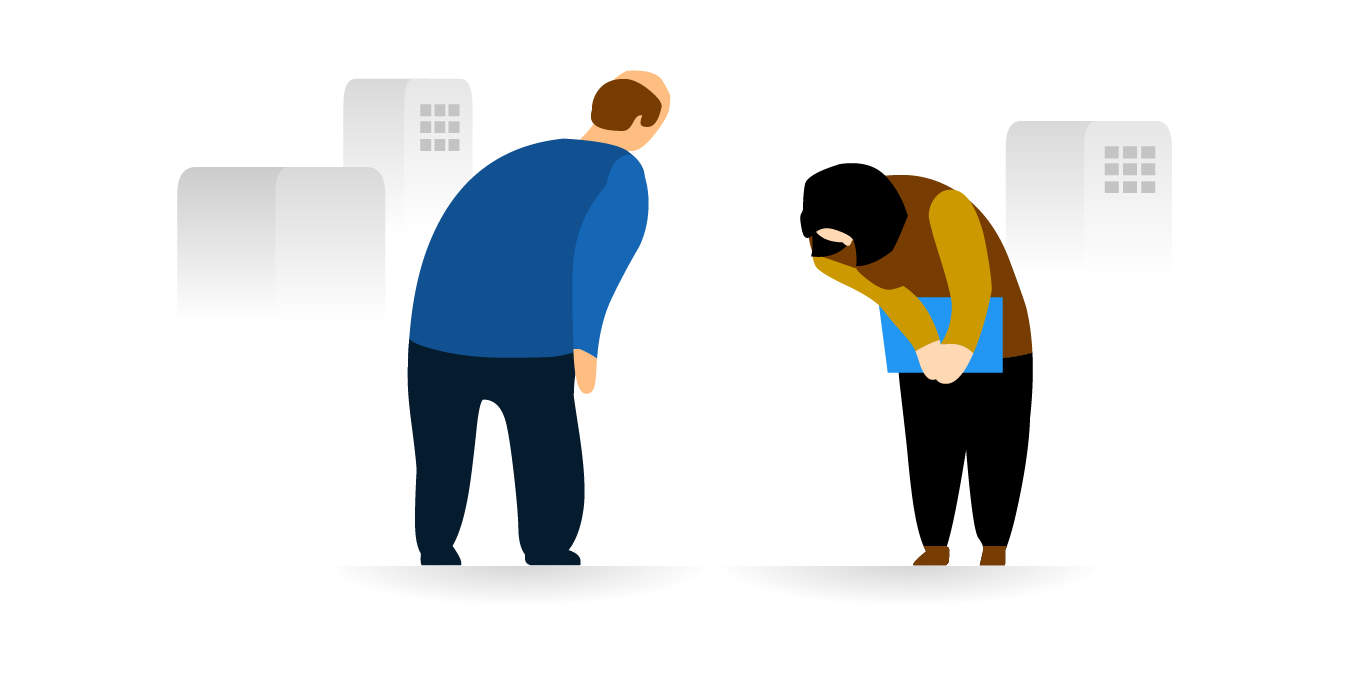



My Apologies How To Say Sorry In Japanese Lingualift
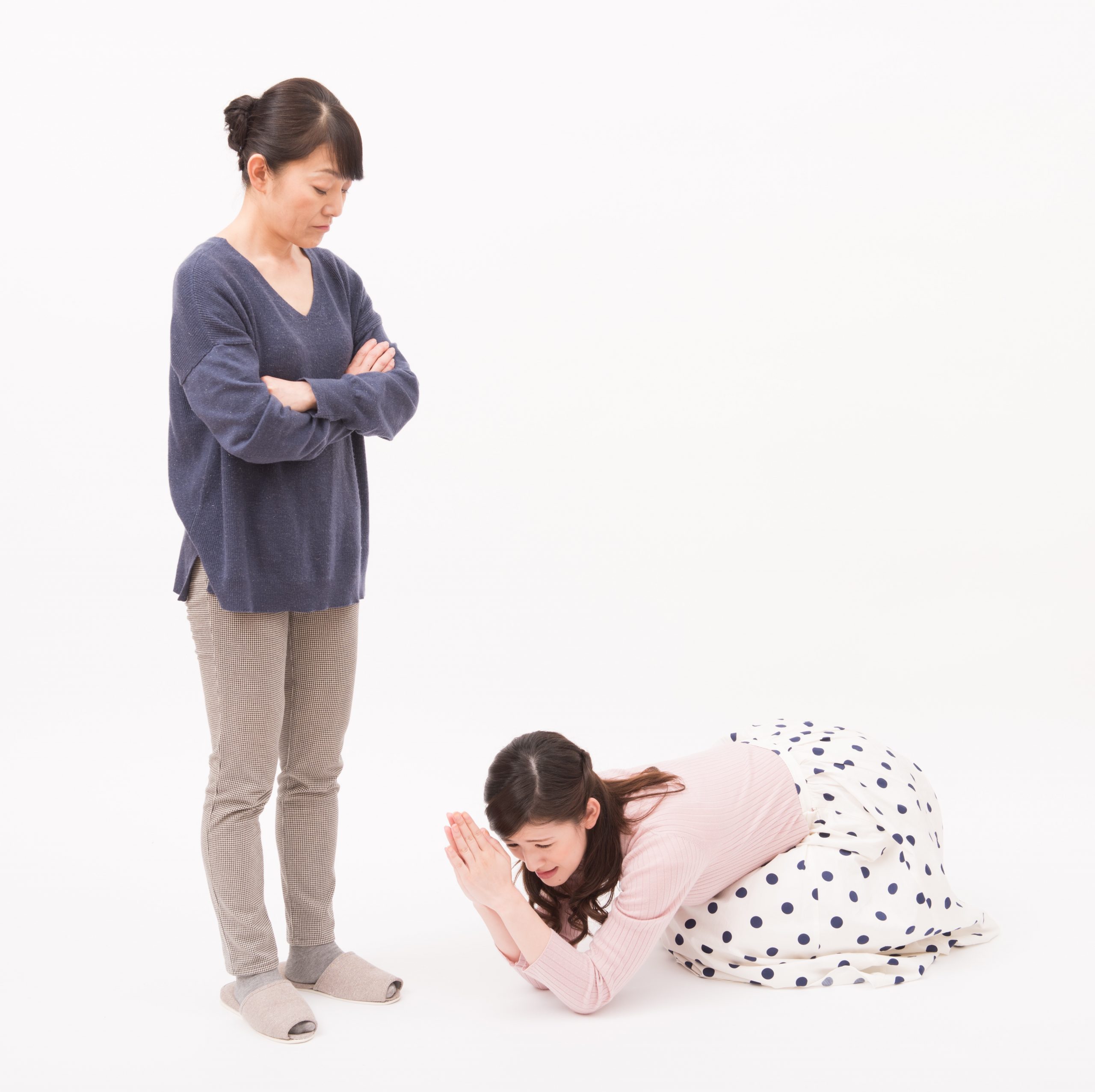



Sorry In Japanese Learn How To Properly Apologize In Japanese



3




How To Say Sorry In Japanese 10 Useful Phrases Wanderingtanuki




8 Ways To Say I M Sorry In The Japanese Language




How To Say Sorry In Japanese Apologize The Right Way Japanese Tactics




The Epic List Of 250 Anime Words And Phrases With Kanji Owlcation



1
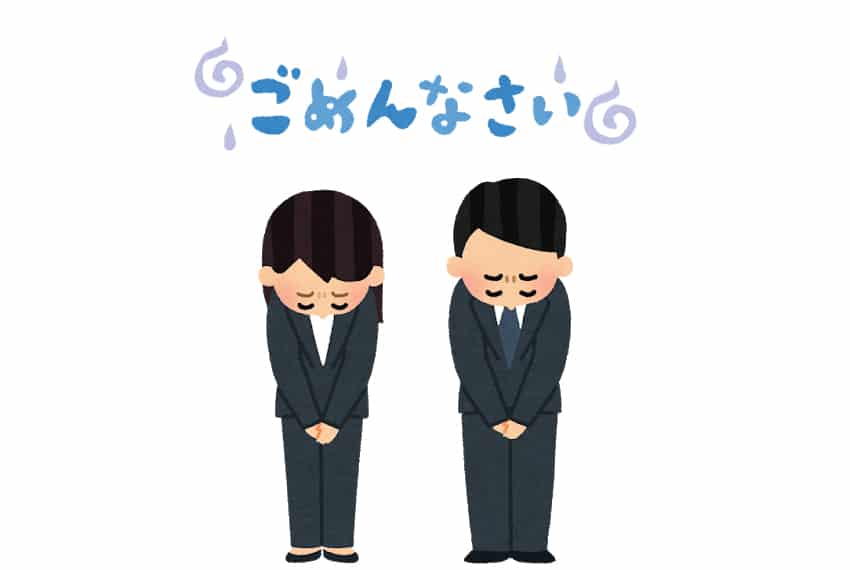



How To Use Gomenasai When You Apologize In Japan
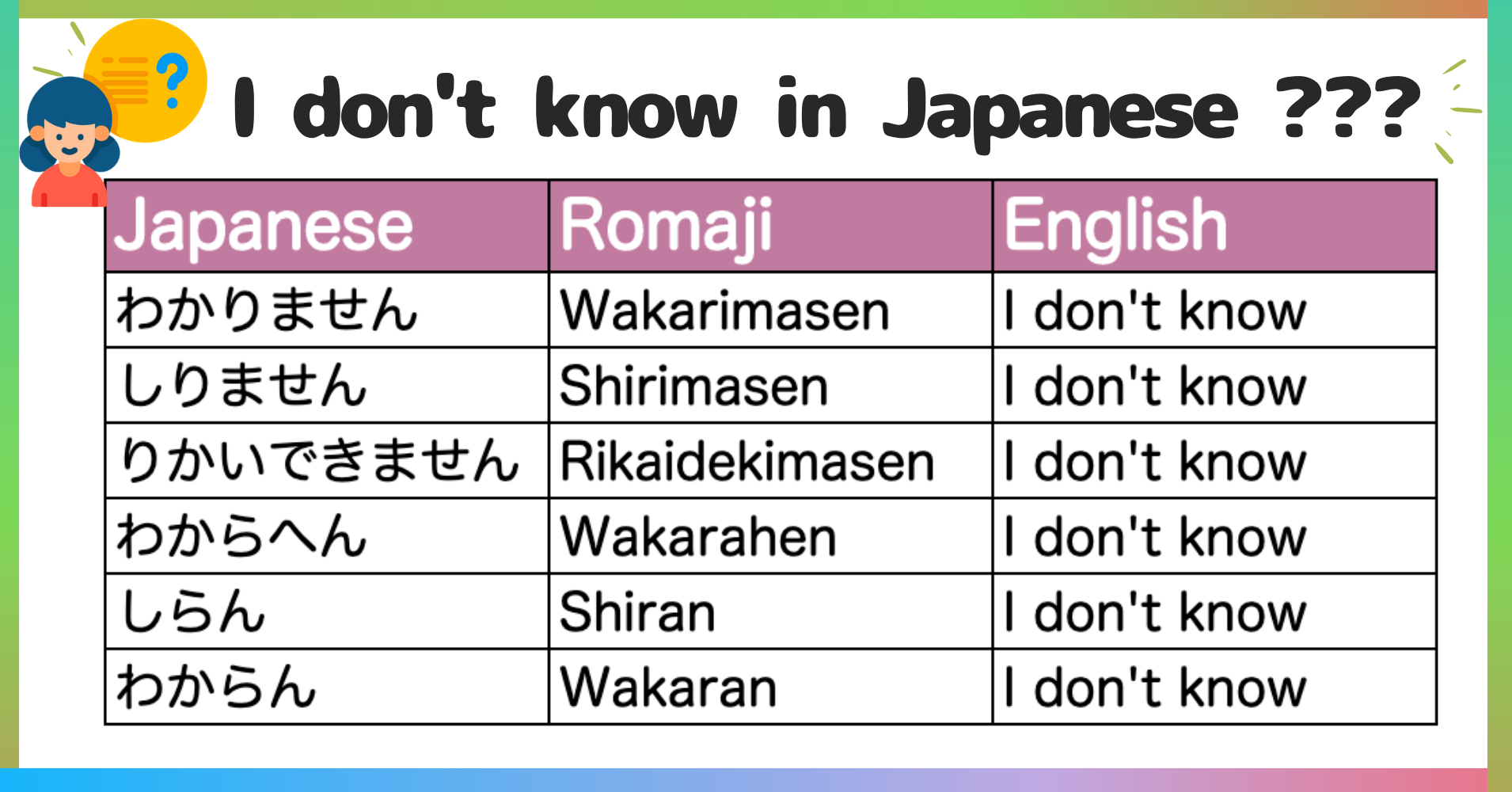



Differences Between Wakaru And Shiru Idk In Japanese




8 Ways Of Saying Sorry In Japanese Learn Japanese Online For Free With Japango




Super Useful Phrases In Japanese For Tourists Free Cheat Sheet
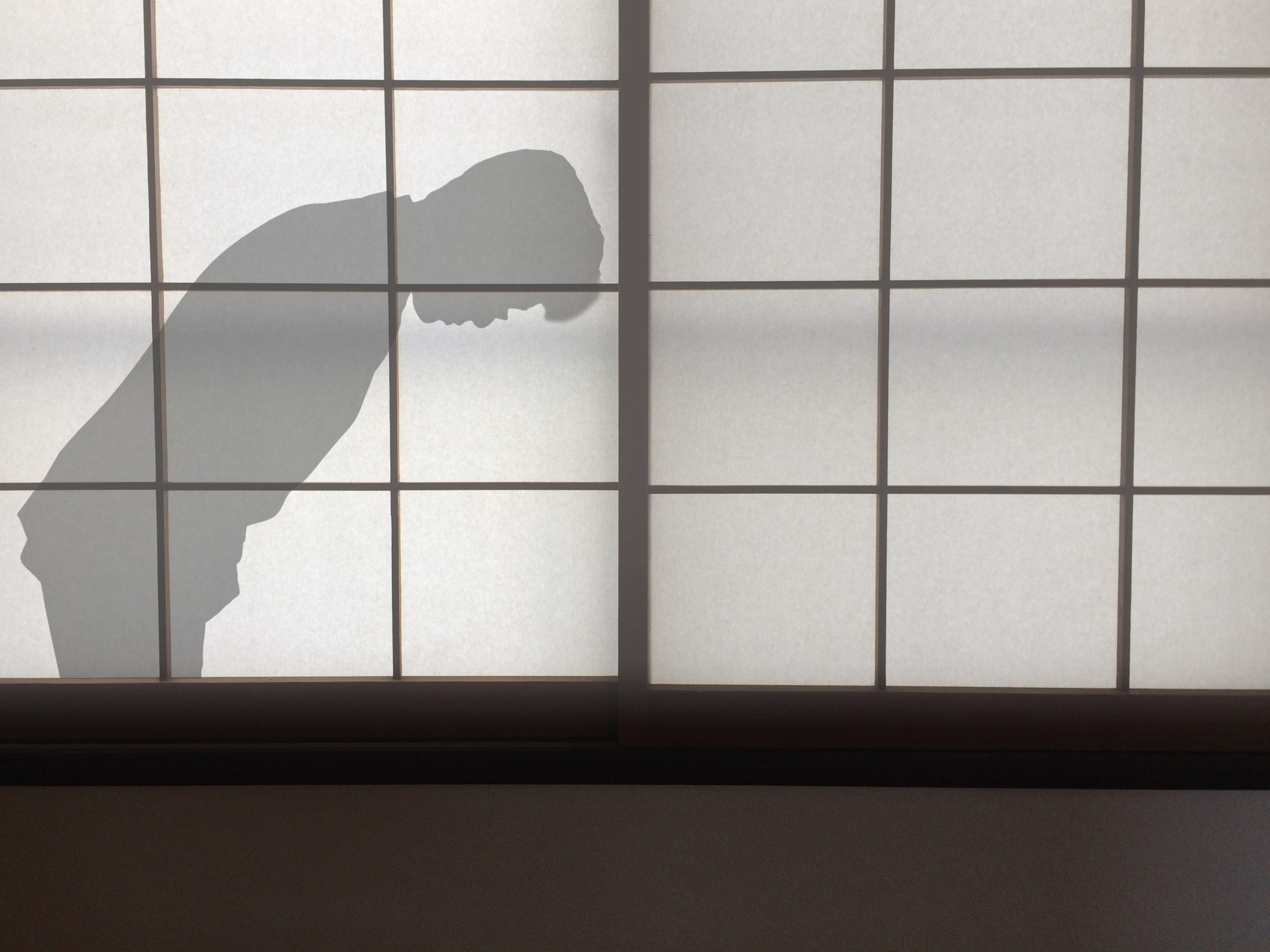



Sorry In Japanese Learn How To Properly Apologize In Japanese
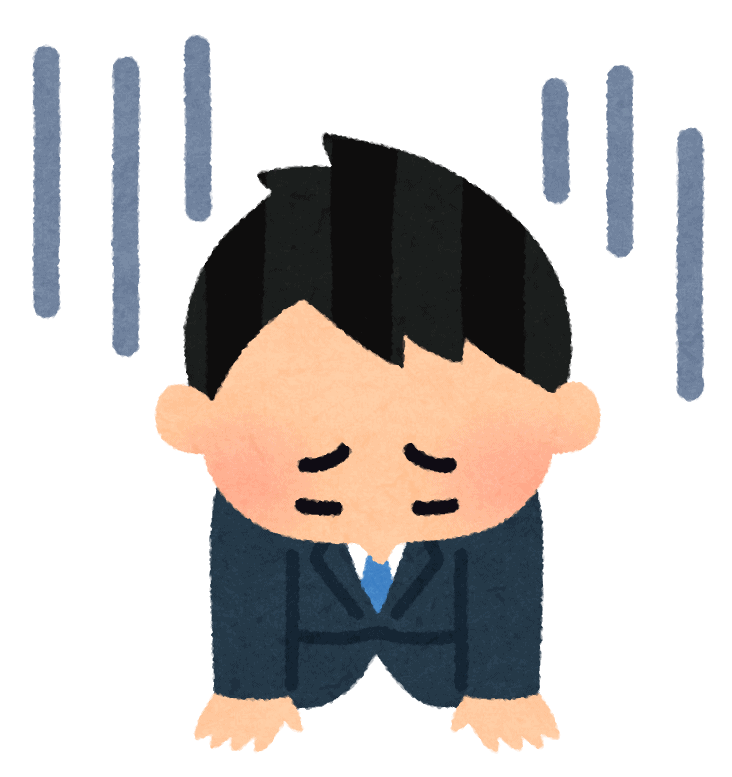



8 Ways To Say I M Sorry In The Japanese Language
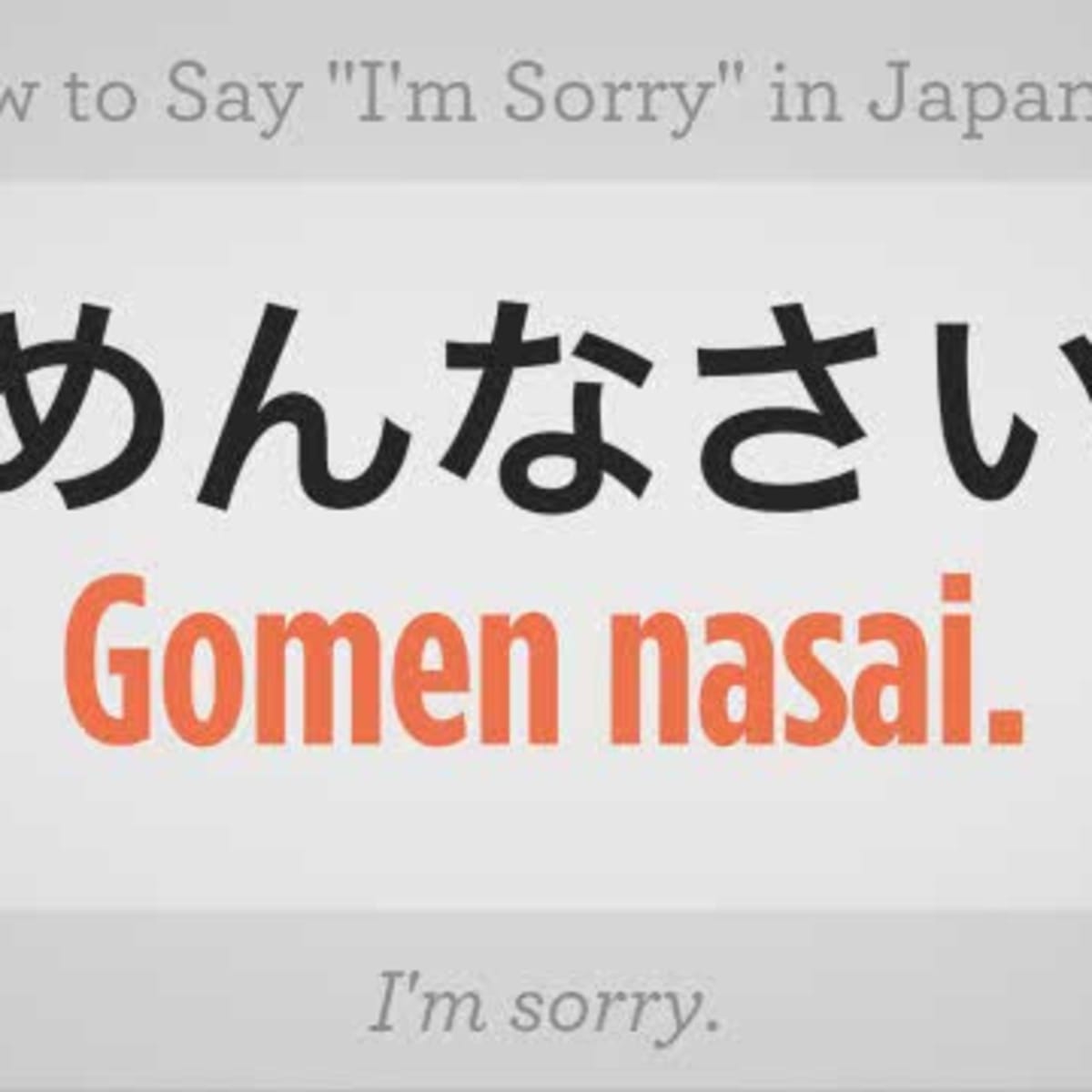



How To Say I M Sorry In Japanese Howcast
コメント
コメントを投稿